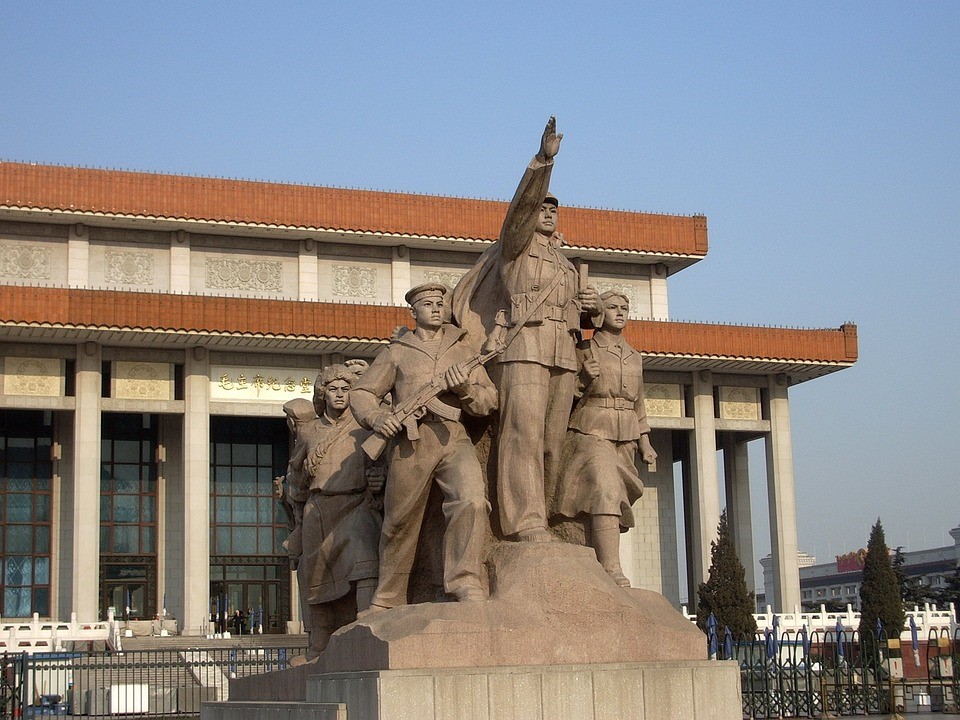The Correlates of War Project (CWP) is an academic study of the history of warfare. Since 1963, CWP researchers have examined various hard factors that differentiate wars. Quantitative data is extremely useful in making predictions about military troop strength and types of hardware, but can’t easily quantify the predictive value provided by psychological profiles of the senior leaders who order and carry out the wars it studies. At a time when Russia is in a prolonged kinetic conflict in Ukraine; North Korea is lobbing missiles into South Korean territorial waters and over Japan; and China is threatening the stability of the international rules-based system, we need to more closely examine these soft contributing factors to improve our predictive ability to identify the level of aggressive behavior of foreign elites. How do these up-and-coming leaders make the policy decisions that lead to major wars or a fragile peace?
In light of the war in Ukraine, one such leader in need of examination today is Nikolai Patruchev. He is a close ally of Russian President Vladimir Putin. As Secretary of the Security Council of Russia and formerly one of the longest serving heads of the Federal Security Bureau (FSB) from 1999-2008, he helped put and keep Vladimir Putin in office. His son, Dmitry Patruchev, serves as the current Minister of Agriculture and is mentioned as a potential successor to the Russian president. A recent report from the Robert Lansing Institute says it is “Putin’s country, Patrushev’s regime.” As a close confidant to Putin, Nikolai wields great influence in Moscow and is seen as the informal leader of the country. Who is this “influencer” we hear about in the news? The report says Putin and Patruchev share ambitions, but not a friendship. After the bloody Chechen conflict, one became president and the other head of the FSB. Each holds information on the other as insurance against a coup. Combined they make a treacherous pair.
As children both men suffered deep psychological traumas. The consequence is that as adults they continue to strive for absolute power to control their own destiny. The report points out the Kremlin is filled with such disturbed hawks waiting to take over, one worse than the next. “The opinion that Patrushev adheres exclusively to the despotic power, absolute totalitarianism with elements of conditional democracy, and not even hidden tyranny, obviously proves a psychologically sick worldview, formed by these very hawks.”
People become tools for these types of men, a means to achieve an end goal, and thus as individuals are disposable. “Having such a worldview and psychological attitude, the lust for power is still the main motivation; money and enrichment are dominant values,” according to the report. Although horrifying to imagine, such leaders could unleash a nuclear device on an unsuspecting population and justify it as the collateral damage necessary to remain in power.
In the east there is also an important authoritarian leader in office. Chinese President Xi Jinping was elected recently to a third term as president after accumulating a historic number of titles and unprecedented power not seen since Mao Zedong held office. Military analysts in Washington count missiles, review China’s military technology, and some even review psychological profiles. But do we know enough about Xi Jinping to predict the level of aggressive behavior he could achieve in the future? Like Putin and Patruchev, he also experienced deep childhood trauma. “After his [Xi’s] father was jailed during the Cultural Revolution, Xi – only 14 at the time – was expelled from high school in Beijing and then arrested by the Red Guards, who accused him of crimes,” according to Kenneth Dekleva, writing in The Cipher Report. As a young teen Xi was threatened with execution. He wrote that “…to my mind there was no difference between being executed a hundred times or once, so why be afraid of a hundred times?”
Ten years ago, in his election speech to the National People’s Congress, Xi said that “in the future, the Chinese nation will forge ahead like a gigantic ship breaking through strong winds and heavy waves.” It is a message to the world that he will do what needs doing, no matter how difficult the political environment. His announced goal is to reframe the rules-based international order to support China’s view of it. How far will Xi go to install himself as that hegemon? He is considered ruthless by colleagues and opponents alike. The world witnessed it recently when he had his elderly and frail predecessor, former president Hu Jintao, physically removed from the National Congress meeting after the cameras were turned on. Xi maintains power by eliminating his enemies or removing them from office. What if China stalls in its ascent? How far will Xi go? The free world needs to be concerned when such a state is armed with nuclear weapons. The free world can’t afford to use western logic and say It is too horrible a thing to ever happen again.
Can Russia, China, or any other authoritarian state be saved from the fate of such leaders? The Lansing report suggests that the only viable solution is the “fragmentation and dismantling” of such a country. Until such time as the indigenous populations of these states rise up against their authoritarian leaders, the democratic world needs to remain on high alert. Such leaders may not disappear from our world, but one day perhaps the populations of those nations will discover the value of a constitution like that of the United States’, which puts the people in charge and protects it population from tyrants.
Daria Novak served in the U.S. State Dept.
Photo: China war statue (Pixabay)
